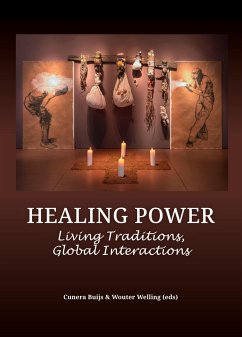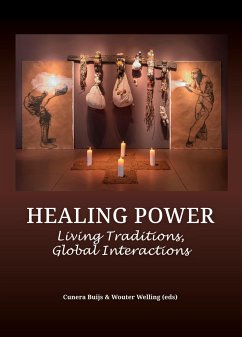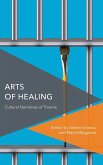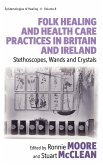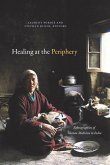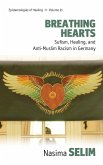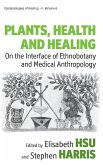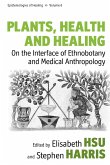Hidden healing practices exert fascination and stimulate extensive scientific and public interest. It is a contested topic for many indigenous peoples. Throughout the ages, numerous spiritual healing forms have been marginalized or severely persecuted. Nowadays, however, there is a growing interest in these traditions all over the world. Some are recovered and sometimes also mixed resulting in the blending of different indigenous and Western approaches.After the loss of the original spiritual contexts during the colonization period, indigenous peoples around the world revive parts of their cultural heritage. They also find inspiration in foreign cultural traditions. Next generations develop new ways to connect to the ancestors and search for new healing practices. This publication explores a limited selection of the manifold collective and individual healing practices, such as shamanism, winti, vodou and European witchcraft. Practitioners and/or academics share their insights andperspectives. Power objects and healing related art from the collection of the National Museum of World Cultures in the Netherlands reveal hidden meanings of sacred traditions. Contemporary artists are inspired by spiritual healing and renew its meaning in the present.Contents0. Introduction - Cunera Buijs and Wouter Welling1. Invisible forces and spirits - Cunera Buijs and Wouter Welling1.1 Getting a second pair of eyes. The precarious balance of healing and killing in Cameroun - Peter Geschiere1.2 Intimate relations between hunters and spirits in Northwestern Greenland - Terto Ngiviu1.3 Winti healing in Suriname and the Netherlands - Marjan Markelo1.4 Magical Consciousness and healing spirits - Susan Greenwood2. Healing stories and images - Cunera Buijs and Wouter Welling2.1 A Dutch Way to Witchcraft - Coby Rijkers2.2 Visions and stories at work - Barbara Miller and Sigvald Persen2.3 Drawings in Balinese healing and magic - David Stuart Fox2.4 Enchanted world: Invisible forces and spirits - Daan van Kampenhout3. Museum magic - Cunera Buijs and Wouter Welling3.1 Powerful things, transformations and museum magic, cases from the Arctic - Cunera Buijs3.2 Roots and the art of healing: Anatoly Donkan - Ulrike Bohnet3.3 Kabra healing. Ancestors and colonial memory in the Netherlands - Markus Balkenhol3.4 Sacred goes secular? Tourist art among the Piaroa of Venezuela - Claudia Augustat4. Balance and harmony - Cunera Buijs and Wouter Welling4.1 Aakujk'äjt-Jotkujk'äjtën. Balance and Harmony in Ayuuk Culture - Juan Carlos Reyes Gómez4.2 Mentawai shamans in Indonesia: Restoring threatened harmony - Reimar Schefold4.3 Life itself is a polyrhythm. On healing - Maria van Daalen5. Global interactions - Cunera Buijs and Wouter Welling5.1 Transforming traditions - Ayahuasca in the Netherlands and Peru - Sebastiaan van 't Holt5.2 Healing music, Psychedelic trance and the search for harmony - Iris Hesse5.3 Art and the Other World: Visualizing the invisible - Wouter Welling
Hinweis: Dieser Artikel kann nur an eine deutsche Lieferadresse ausgeliefert werden.
Hinweis: Dieser Artikel kann nur an eine deutsche Lieferadresse ausgeliefert werden.

